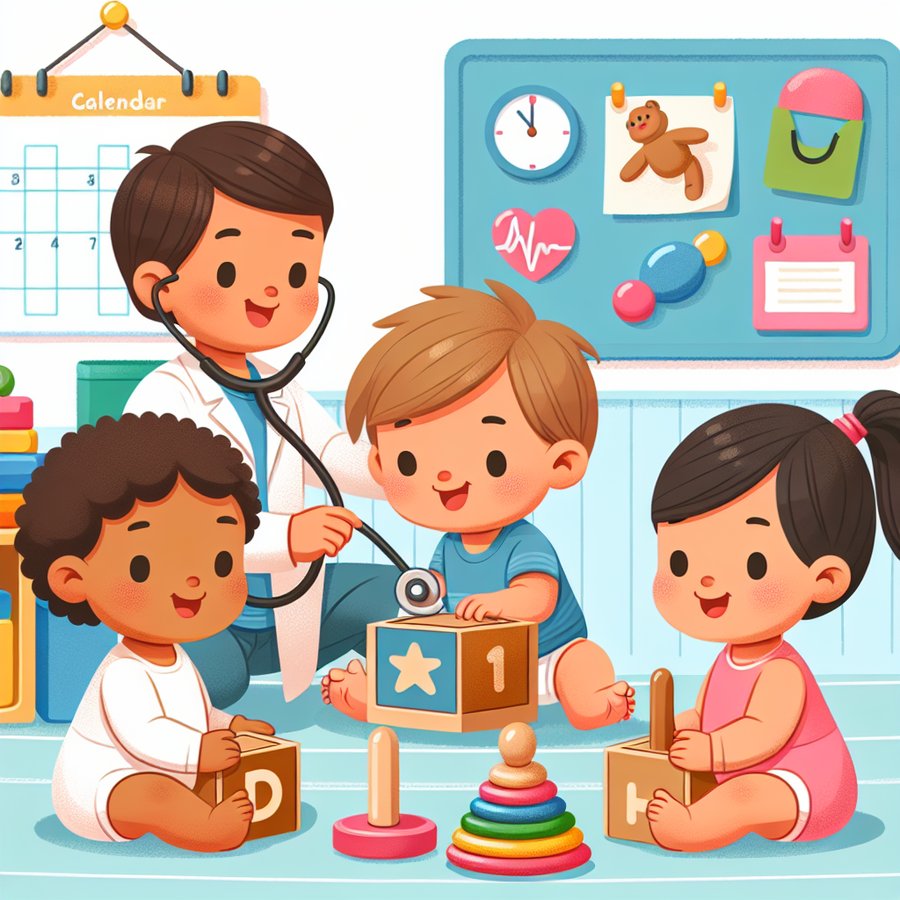Understanding the up-to-date vaccination schedule for babies and toddlers is crucial for new parents seeking to protect their little ones from preventable diseases. Vaccination is a powerful tool in promoting infant health and preventing outbreaks of diseases that were once common in children. This guide delves deep into the vaccinations recommended from birth to the age of 5, ensuring your child receives the best start in life.
Why Vaccinations are Critical for Infants and Toddlers
Vaccines are designed to provide immunity against serious illnesses by stimulating the body’s immune response. For babies and toddlers, whose immune systems are still developing, vaccinations are especially important. They help to build up defenses against diseases such as measles, mumps, polio, and whooping cough.
The World Health Organization (WHO) confirms the importance of timely vaccinations, stating they are one of the most successful and cost-effective public health interventions. By following the up-to-date vaccination schedule for babies and toddlers, parents can significantly reduce their children’s risk of contracting these diseases.
Understanding the Up-to-date Vaccination Schedule for Babies and Toddlers
The up-to-date vaccination schedule for babies and toddlers includes a series of immunizations starting from birth up to 5 years old. It’s essential to adhere to this schedule closely, as timing plays a critical role in ensuring the vaccines’ effectiveness.
For instance, the Hepatitis B vaccine is typically given at birth, while the first dose of the DTap vaccine, which protects against diphtheria, tetanus, and pertussis, is administered at 2 months old. Parents should consult their pediatrician to stay informed about the current recommendations and any updates to the vaccination schedule. For more detailed information, refer to the up-to-date vaccination guide on our website.
Addressing Vaccination Myths and Misconceptions
Despite the proven benefits of vaccines, there are still many myths and misconceptions surrounding the up-to-date vaccination schedule for babies and toddlers. One common myth is that vaccines can overload an infant’s immune system. However, scientific evidence shows that vaccines are designed to protect young children without overwhelming their immune systems.
Another concern is the fear of side effects. While vaccines can cause mild reactions, such as a low-grade fever or soreness at the injection site, these are generally minor compared to the severity of the diseases they prevent. It’s important for parents to discuss any concerns with their healthcare provider and rely on credible sources for information.
The safety and well-being of your child are paramount. By following the up-to-date vaccination schedule for babies and toddlers, you can help ensure they are protected against preventable diseases. Remember, vaccinating your child not only protects them but also contributes to the health of the community by preventing the spread of these illnesses. For more information on keeping your baby safe, explore our articles on Safe Sleep Practices, Choosing the Safest Baby Car Seats, and Childproofing Your Home.













